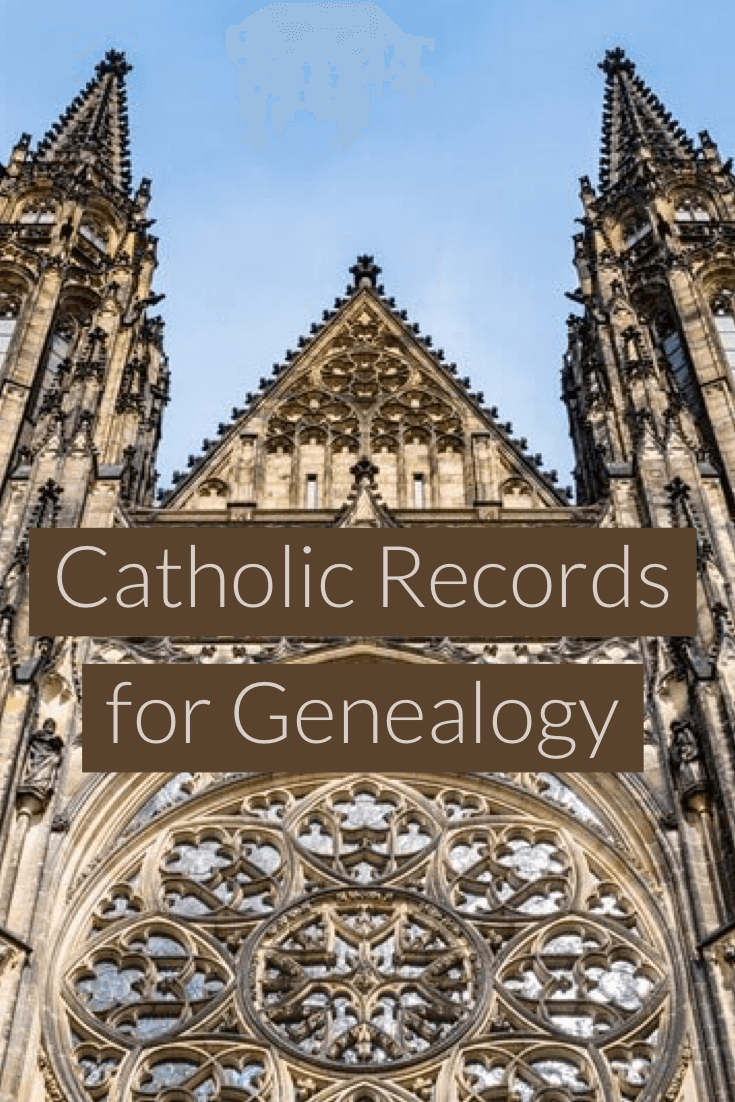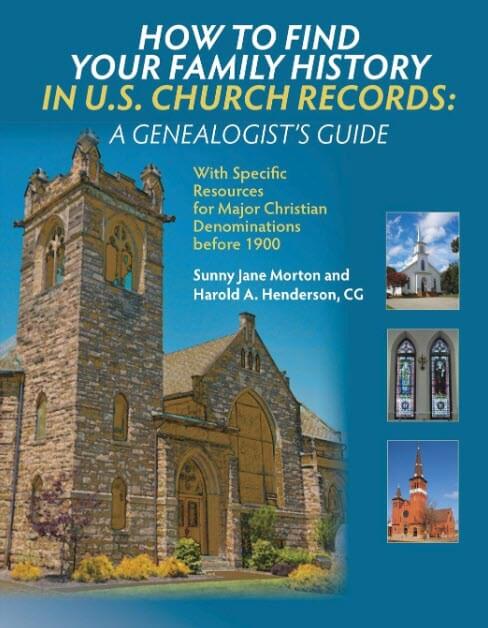by Lisa Cooke | Jun 14, 2017 | 01 What's New, Genealogy Gems Podcast
The Genealogy Gems Podcast
Episode #204
with Lisa Louise Cooke
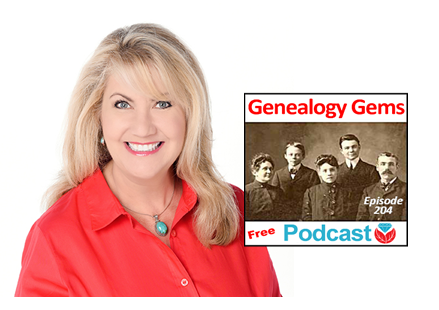
Canadian expert Dave Obee shares the story of the Canadian home children tips on newspaper research. Also in this episode:
New site features at MyHeritage, including improved DNA ethnicity analysis (it’s free?upload your DNA!);
An excerpt from the Genealogy Gems Book Club interview with Fannie Flagg about The Whole Town’s Talking?and a great summer reading idea;
A detailed get-started guide to British Isles research: Terminology and census/civil BMD record tips from Kate Eakman at Legacy Tree Genealogists
Why so many weddings are traditionally held in June.
[display_podcast]
Download the show notes
NEWS: DNA AND CATALOG UPDATES AT MYHERITAGE
MyHeritage.com: DNA ethnicity estimate updates and new collection Catalog
View an example of the new ethnicity analysis presentation here: https://vimeo.com/218348730/51174e0b49
3 top uses for the new MyHeritage catalog (with additional details and commentary)
MyHeritage Quick Reference Guide (Newly-updated in 2017)
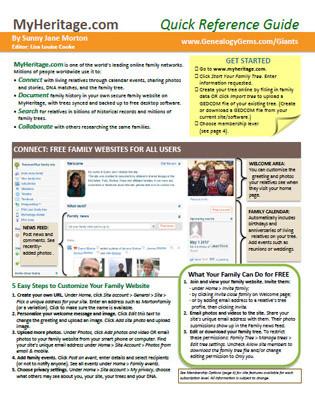
Genealogy Giants: Comparing the 4 Major Websites. This brand new, comprehensive guide helps you answer the question, “Which genealogy websites should I use?”
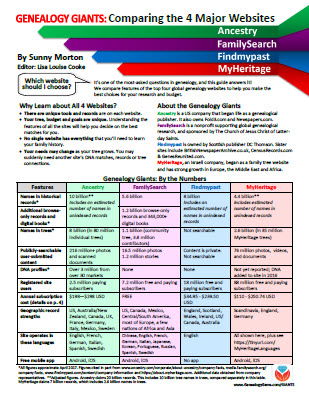
MAILBOX: BOOK CLUB COMMENTS

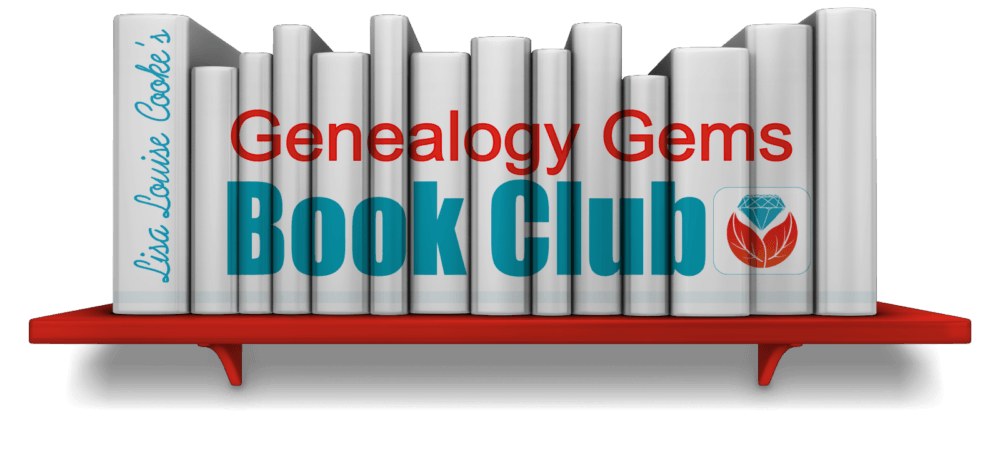
Visit the book club here.
Companion video recommendations:
Genealogy Journey: Running Away to Home video (click here to see the book)
“You Came and Saved Us” video with author Chris Cleave, Everyone Brave is Forgiven
Alan Cumming on Who Do You Think You Are? Episode summary
Not My Father’s Son by Alan Cumming
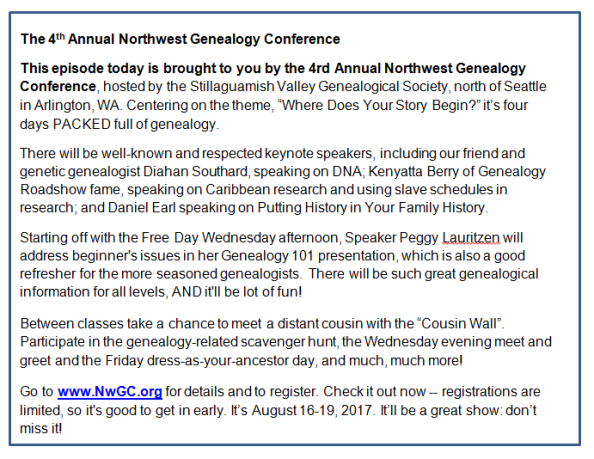
For more information: www.nwgc.org
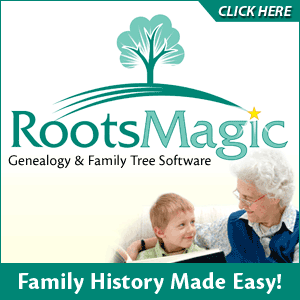
Lisa Louise Cooke uses and recommends RootsMagic family history software. From within RootsMagic, you can search historical records on FamilySearch.org, Findmypast.com and MyHeritage.com. In the works: soon RootsMagic will be fully integrated with Ancestry.com, too: you’ll be able to sync your RootsMagic trees with your Ancestry.com trees and search records on the site.
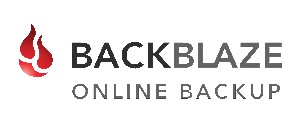
Learn more or sign up for Backblaze here.
Keep your family history research, photos, tree software files, videos and all other computer files safely backed up with Backblaze, the official cloud-based computer backup system for Lisa Louise Cooke’s Genealogy Gems. Learn more at http://www.backblaze.com/.
INTERVIEW: DAVE OBEE
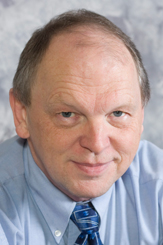
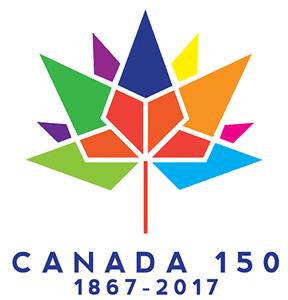
Continuing our celebration of Canada’s 150th birthday!
Dave Obee is an internationally-renowned Canadian journalist, historian and genealogist. Dave is a columnist for Internet Genealogy and Your Genealogy Today (formerly Family Chronicle). Dave has also written about family history for Canada’s History and Your Family Tree in the United Kingdom.
Put Dave’s books on your shelf – you can get them here.
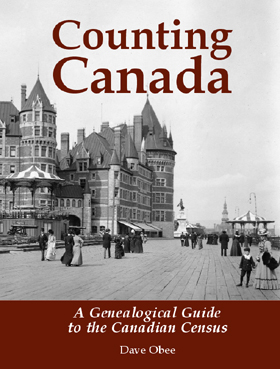
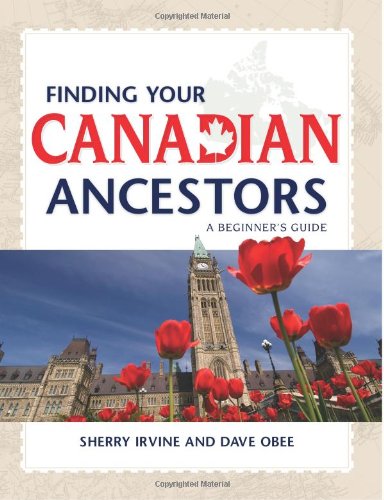
Finding Your Canadian Ancestors: A Beginner’s Guide
Counting Canada: A Genealogical Guide to the Canadian Census
Destination Canada: A Genealogical Guide to Immigration Records
Making the News: A Times Columnist Look at 150 Years of History
Canada research tips:
Look in newspapers for ship crossings, notable people sailing, approximate numbers of passengers etc.
Don’t just rely on search engines for digitized newspapers. Browse the papers where you find some hits.
Canada Home Children: Watch and Learn
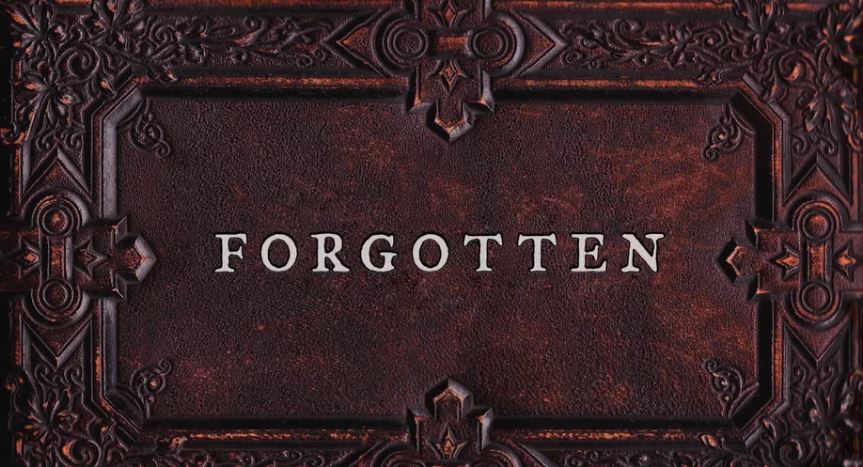
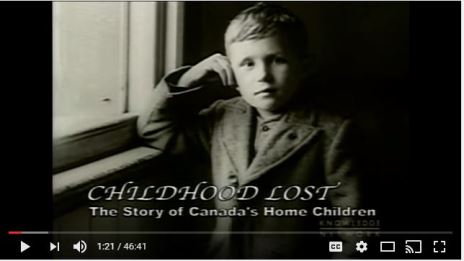
Forgotten, an award-winning documentary (watch the trailer here)
Childhood Lost: The Story of Canada’s Home Children documentary (watch it on YouTube)
LEGACY TREE GEM: ENGLISH PARISH RECORDS
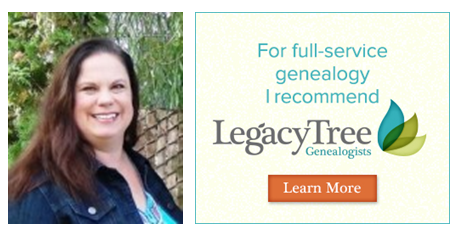
Visit Legacy Tree Genealogists: http://www.legacytree.com/genealogygems
Read a companion blog post on English parish records, with several image examples and links to the resources Kate Eakman recommends.
Legacy Tree Genealogists provides expert genealogy research service that works with your research goals, budget and schedule. The Legacy Tree Discovery package offers 3.5 hours of preliminary analysis and research recommendations: a great choice if you’ve hit a brick wall in your research and could use some expert guidance.
GENEALOGY GEMS BOOK CLUB: FANNIE FLAGG INTERVIEW
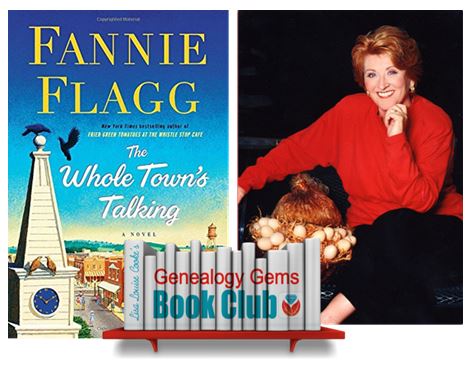
The Whole Town’s Talking by Fannie Flagg
Genealogy Gems Premium website members may hear this entire conversation in the upcoming Genealogy Gems Premium Podcast episode #148.
BONUS CONTENT for Genealogy Gems App Users
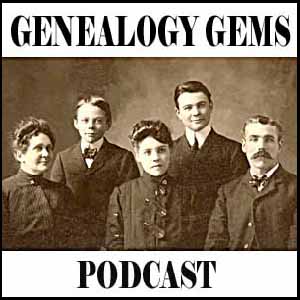
LINK IMAGE TO: http://lisalouisecooke.com/get-app/
If you’re listening through the Genealogy Gems app, your bonus audio content for this episode comes from Melissa Barker, the Archive Lady, in honor of International Archives Day on June 9. The Genealogy Gems app is FREE in Google Play and is only $2.99 for Windows, iPhone and iPad users
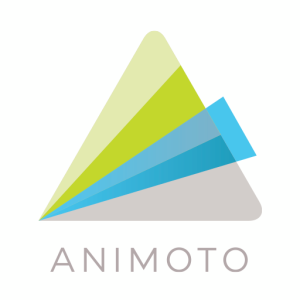
Start creating fabulous, irresistible videos about your family history with Animoto.com. You don’t need special video-editing skills: just drag and drop your photos and videos, pick a layout and music, add a little text and voila! You’ve got an awesome video! Try this out for yourself at Animoto.com.
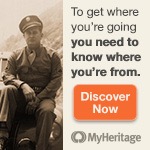
MyHeritage.com is the place to make connections with relatives overseas, particularly with those who may still live in your ancestral homeland. Click here to see what MyHeritage can do for you: it’s free to get started.
PROFILE AMERICA: June Weddings
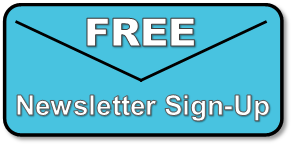
PRODUCTION CREDITS
Lisa Louise Cooke, Host and Producer
Sunny Morton, Editor
Diahan Southard, Your DNA Guide, Content Contributor
Lacey Cooke, Service Manager
Vienna Thomas, Associate Producer
Check out this new episode!
by Lisa Cooke | Aug 8, 2019 | 01 What's New, Church
A project that began in 2017 to digitize important sacramental records in the history of Boston’s Catholic Church has just been expanded. Here’s the latest on this important project from American Ancestors and the Archdiocese of Boston.
Historic Catholic Records Online Project Expansion
Announced by American Ancestors and the Archdiocese of Boston
20 Additional Years of Records—from 1901 through 1920—and more than 60 Additional Greater Boston Catholic Parishes Are To Be Added to the Historic Digital Genealogy Project at AmericanAncestors.org
August 7, 2019—Boston, Massachusetts—American Ancestors and the Roman Catholic Archdiocese of Boston (RCAB) today announced an expansion of its ongoing program to digitize important sacramental records in the history of Boston’s Catholic Church. This expansion of a project collaboration announced in early 2017 will effectively double the original 11 million names of parishioners to be included when the project is completed to encompass a total of approximately 21 million names—a treasure in research terms for historians, genealogists, scholars, and the public at large. Images are available to browse now. Name-searchable records will be available in an expanded database from American Ancestors on their award-winning website AmericanAncestors.org.
These historic records document several sacraments of the Catholic Church in Boston and surrounding towns including baptism, confirmation, holy communion, marriage, and the anointing of the sick. They are valued for research because they contain detailed information about the Catholic parishioners of greater Boston, their relationships with each other, the church, and often the community.
When announced in January 2017, the Historic Catholic Records Online Project—the first of its type in the U.S. to digitize a significant number of sacramental records from any U.S.-based Catholic archdiocese—encompassed 154 parishes in 84 towns within the Boston Archdiocese, covering the years 1789 to 1900.
Today’s announcement extends the project’s reach to cover records through the year 1920—adding 20 additional years of sacramental records to the project and eventually bringing more than 60 new parishes within it—all formed within the Boston Archdiocese after 1900.
Catholic parishes in the towns of
- Billerica,
- Danvers,
- Dracut,
- Forest Hills,
- Groton,
- Mattapan,
- Methuen,
- North Andover,
- Saugus,
- Sharon,
- Shirley,
- Swampscott,
- Wakefield,
- Wilmington,
- and Winthrop
will now be included—covering important phases of greater Boston’s early 20th-century history and stories of immigration, social, and cultural change.
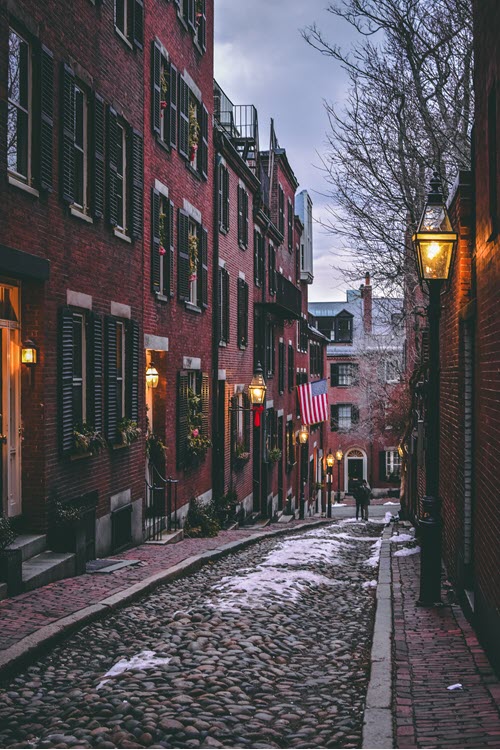
Boston
Brenton Simons, President and CEO of American Ancestors, also known as New England Historic Genealogical Society, celebrated the amplification of the project, noting “Throughout our 175-year history, New England Historic Genealogical Society has collected and shared countless manuscripts, artifacts, data, and other resources that tell the inspiring story of the American family. The expansion of this historic collaboration between the Boston Archdiocese and American Ancestors will enrich the research of family historians in America and beyond and be especially informative in Irish, Italian, and French Canadian genealogy. Newer parishes from the 1900s add Lithuanian, Polish, and Portuguese genealogical data of interest.
“I offer our deep gratitude to the Roman Catholic Archdiocese of Boston for recognizing the historical value of this data—especially Thomas Lester, the Archivist and Records Manager of the Archdiocese, whose forward-thinking vision toward preservation and collaboration inspired this important project and its expansion we are announcing today,” Simons said.
Lester, as the Boston Archdiocese’s leading advocate for records preservation, stated “We recognize the value of this collection to many groups, foremost among them historians and genealogists. This second, expanded phase of our project with American Ancestors, is a result of the overwhelming positive feedback received during the initial phase announced with them in January 2017.
“Use of the records by researchers around the world has exceeded our original expectations and we are excited to offer additional content, with more insights, and deeper glimpses into the history of the Roman Catholic people and parishes in greater Boston. Of equal importance is that we are continuing to create a digital backup to help preserve these irreplaceable records.”
“The completion of the expanded project, covering all records through the year 1920 is now anticipated to be by the year 2029,” stated Molly Rogers, Database Coordinator for American Ancestors, “with all browsable (non-indexed) and indexed names from all parish archives expected to be online by that time.”
The project is enormous in scope, with a large amount of data to be digitized and then laboriously, manually indexed, transcribed, and, in most cases, translated to English for name-searching capabilities.
Some of the first records from this expanded time period—browsable images of pages from parish archives—are available and may be viewed at AmericanAncestors.org/image-example by members of American Ancestors and by non-members alike, with a free online registration as a Guest Member at AmericanAncestors.org/membership/guest-users. Searchable records (indexed by name) are available only to subscribing members of American Ancestors—visit AmericanAncestors.org/Join.
Volunteers coordinated by the staff of American Ancestors undertake the greater portion of the work of scanning and indexing the Historic Catholic Records Online Project documents.
Much of this effort is carried out at the American Ancestors headquarters in Boston’s Back Bay. In 2017, American Ancestors launched a Historic Catholic Records Fund to enable philanthropy to support the project. Information about contributing to this fund can be found at AmericanAncestors.org/catholic-records-fund.
# # #
About American Ancestors and New England Historic Genealogical Society
American Ancestors, also known as New England Historic Genealogical Society (NEHGS), with its national headquarters located in Boston’s Back Bay, is the oldest and largest genealogical organization in America. It serves more than 260,000 members and millions of online users engaged in family history nationally and around the world. It is home to a world-class research library and archive, and an expert staff.
American Ancestors offers an award-winning genealogical research website at AmericanAncestors.org with more than 1.4 billion records and maintains a publishing division which produces original genealogical research, scholarship, and educational materials, including Mayflower Descendant, a quarterly journal of Pilgrim genealogy and history.
Resources for Using Church Records for Genealogy
Disclosure: This article contains affiliate links and Genealogy Gems will be compensated if you make a purchase after clicking on these links (at no additional cost to you). Thank you for supporting Genealogy Gems!
by Lisa Cooke | Jul 16, 2015 | 01 What's New, History, images, Inspiration, Libraries, Memory Lane, Volunteer
 By now, many of us have tried our hand at volunteer indexing and transcribing projects. We can index censuses, civil and church vital records, gravestone images, and more with FamilySearch, BillionGraves, Ancestry’s World Archives Project and even with individual archives like The Congregational Library.
By now, many of us have tried our hand at volunteer indexing and transcribing projects. We can index censuses, civil and church vital records, gravestone images, and more with FamilySearch, BillionGraves, Ancestry’s World Archives Project and even with individual archives like The Congregational Library.
What about de-classified CIA records and other government documents? Love letters between President Lyndon and Lady Bird Johnson? These are among the indexing projects currently on the National Archives (US) Citizen Archivist dashboard.
“We have millions of pages of digitized records available in our online catalog,” says the Citizen Archivist website. “Transcription is an important way for us to improve search results and increase accessibility to our historical records. Your contributions make a big impact.” Other current projects include Confederate government papers, interviews relating to the September 11 terrorist attacks and letters to President Eisenhower about integrating schools.
These are all historically vital important records for the U.S. that may also shed light on our ancestors’ lives. My grandfather worked on classified government projects and I’m hoping to find his name in formerly “top secret” papers someday! Why not give it a try–index a batch of records through the National Archives Citizen Archivist project?
 Learn more about inspiring genealogy volunteers on our blog! On the lower left side of the Genealogy Gems home page, click the category “Volunteer.” See what others do to help–and perhaps you’ll get inspired yourself!
Learn more about inspiring genealogy volunteers on our blog! On the lower left side of the Genealogy Gems home page, click the category “Volunteer.” See what others do to help–and perhaps you’ll get inspired yourself!





















